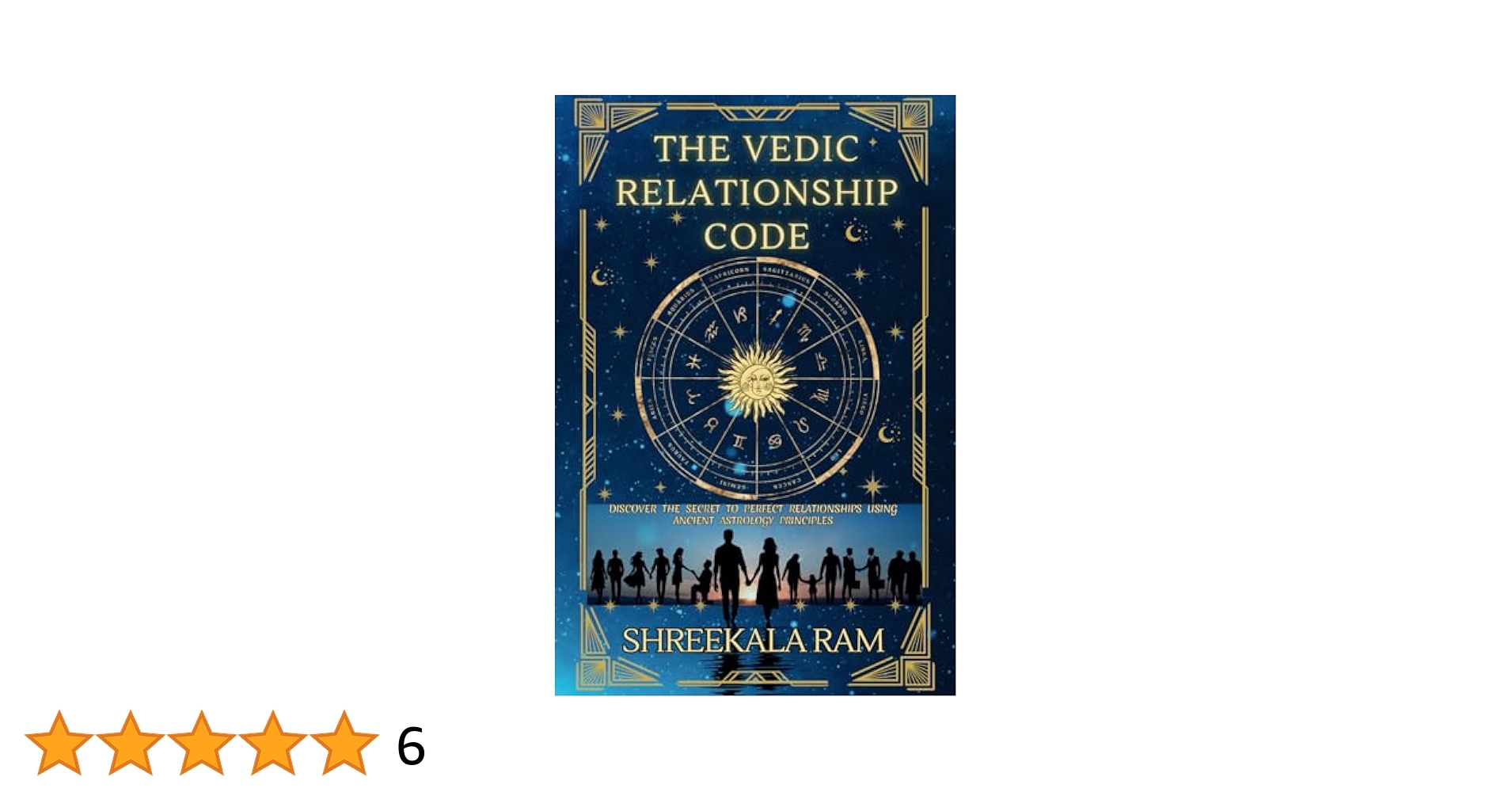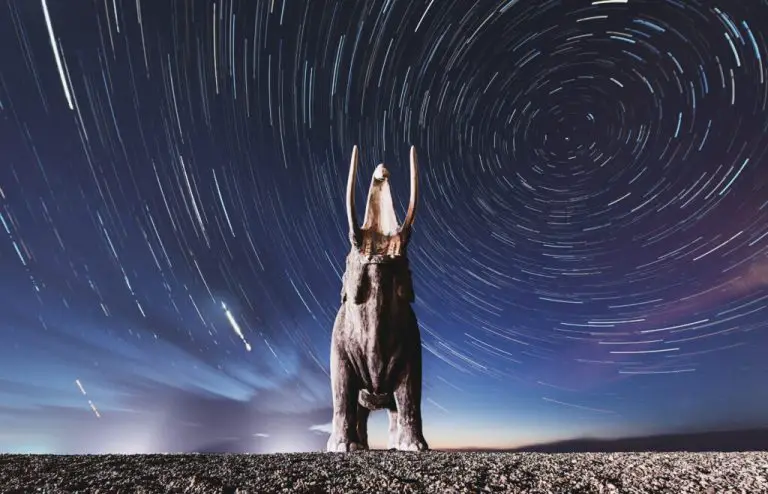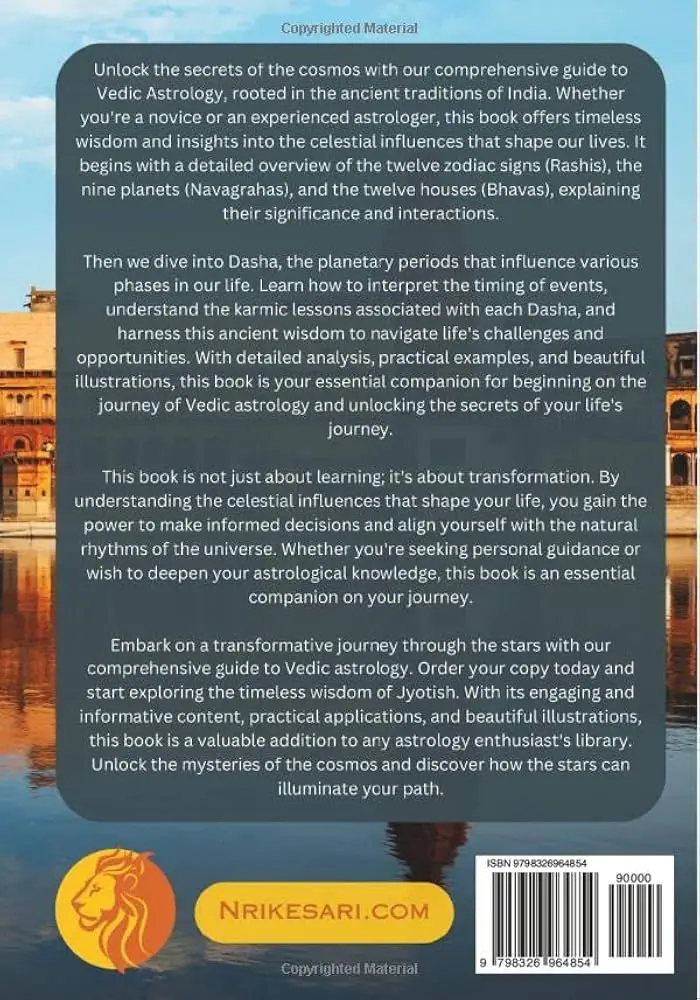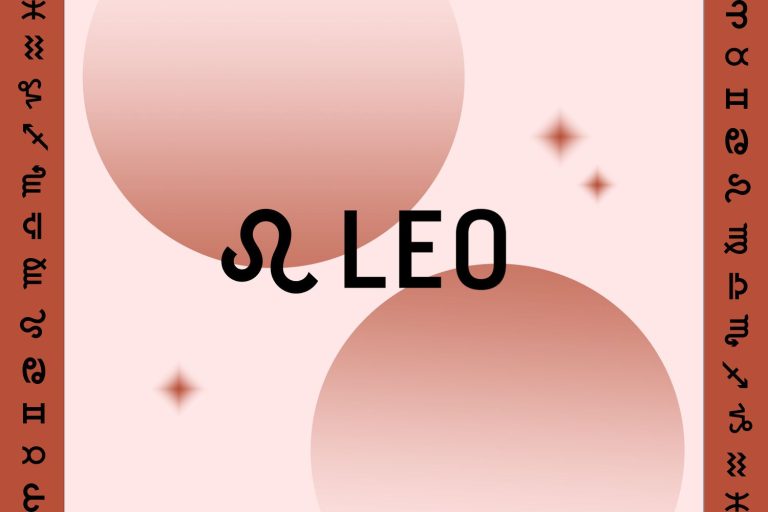Baby Gender Prediction by Vedic Astrology: Ancient Secrets
Curious about predicting your baby’s gender? Vedic astrology offers fascinating insights.
Rooted in ancient Indian traditions, this method claims to reveal a baby’s gender using planetary positions and astrological charts. For centuries, Vedic astrology has guided people in understanding life’s mysteries, including childbirth. It uses precise calculations based on the time and place of conception.
While modern science focuses on medical techniques, many still turn to astrology for its cultural and spiritual significance. Baby gender prediction through Vedic astrology combines logic, tradition, and belief systems. This practice isn’t just about curiosity—it’s a way to honor ancient wisdom. Whether you’re exploring it for fun or tradition, this guide will help you understand how it works and what makes it intriguing.
Ancient Roots Of Gender Prediction
Vedic astrology is ancient. It comes from India’s old traditions. People have used it for thousands of years. They looked to the stars for answers. This includes predicting a baby’s gender. The stars were their guide.
Many cultures care about baby gender. They use astrology to guess. They think the stars know the future. This practice is very old. It is part of their way of life.
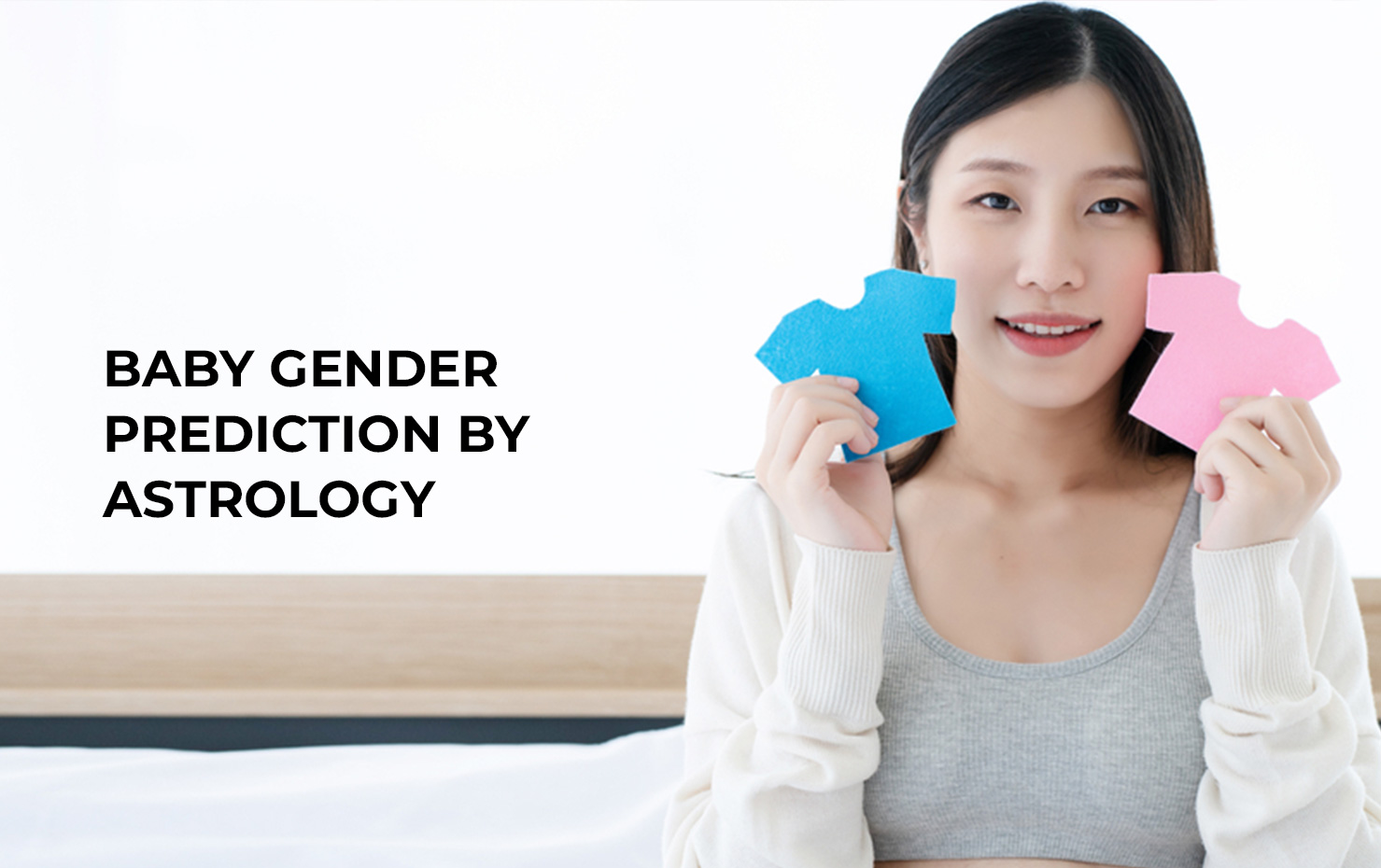
Credit: astroera.in
Astrological Principles In Action
Vedic astrology offers insights into baby gender prediction through ancient principles and planetary alignments. These time-tested methods analyze birth charts to reveal hidden possibilities. Many believe this traditional approach provides guidance rooted in cosmic patterns and divine wisdom.
Role Of Planetary Positions
Planetary positions play a key role in Vedic astrology. Specific planets are linked to male or female energies. Jupiter and Mars often represent male traits. Venus and Moon are associated with female characteristics. The position of these planets at conception is crucial. Their alignment can influence the predicted gender. An astrologer studies these factors in a birth chart. The ascendant and its ruling planet are also important. Each position carries hidden meanings and insights.
Influence Of Moon And Nakshatras
The Moon’s phase has a significant impact on predictions. A waxing moon can lean towards male predictions. A waning moon might suggest a female child. Nakshatras, or lunar constellations, add more depth. Each nakshatra has unique traits and energy. The Moon’s position in a nakshatra is analyzed closely. This provides clues about the child’s gender. These ancient methods rely on detailed calculations. Every detail matters in forming accurate predictions.
Key Techniques For Prediction
Vedic astrology offers ancient methods to predict baby gender based on planetary positions and birth charts. Techniques like analyzing moon signs and nakshatras provide insights rooted in traditional wisdom. These calculations rely on aligning astrological principles with the parents’ details for guidance.
Analyzing The Birth Chart
Vedic astrology uses birth charts to study planetary positions. The time of birth helps create accurate predictions. Each planet holds specific influence on gender determination. The Moon’s placement is often checked for signs of femininity. The Sun’s position may indicate masculine traits. Astrologers pay close attention to the Ascendant sign and its ruler.
Significance Of Fifth House Analysis
The fifth house represents children and progeny in astrology. Its ruler planet holds clues about the baby’s gender. Benefic planets like Venus or Jupiter often suggest female offspring. Malefic influences like Mars may indicate male offspring. The lord of the fifth house and its placement in other houses matter too. Strong connections with the Lagna chart add clarity.
Impact Of Karma On Predictions
Gender predictions in Vedic astrology often reflect a deeper spiritual belief. Many astrologers say that universal energies play a key role in gender outcomes. These energies connect to the parents’ karma and past deeds. Actions from the past can shape the present and future.
The child’s gender is sometimes seen as a spiritual lesson. It may guide parents toward growth or understanding. Vedic astrology also highlights harmony between the soul’s journey and universal balance. This idea links to the belief that life events are never random.
Vedic astrology suggests that past life actions influence a child’s gender. The soul’s journey is shaped by karma from earlier lives. These influences may create a specific energy alignment for the baby’s gender.
Parents’ karmic debts or blessings can also affect gender prediction. A strong spiritual bond may connect the child’s soul with the parents’ past. This process highlights the importance of moral actions and spiritual growth in life.
Tools And Methods Used
Astrologers study specific doshas and yogas in a birth chart. These combinations reveal the alignment of planets affecting gender prediction. Special planetary positions are carefully analyzed. For example, the role of Jupiter and Venus is often significant.
The fifth house in a horoscope is crucial. It represents children and their characteristics. Astrologers also check the lord of the fifth house and its strength. The placement of the Moon is another vital factor. All these elements help form a prediction.
The Panchang is a traditional Hindu calendar. It contains detailed astrological data. It provides information about tithi, nakshatra, and yoga. These elements are used to calculate the baby’s gender.
Astrologers also study the time of conception. They match it with the Panchang to find specific patterns. These patterns help determine the likely outcome. The Panchang is trusted for its accuracy in astrological predictions.
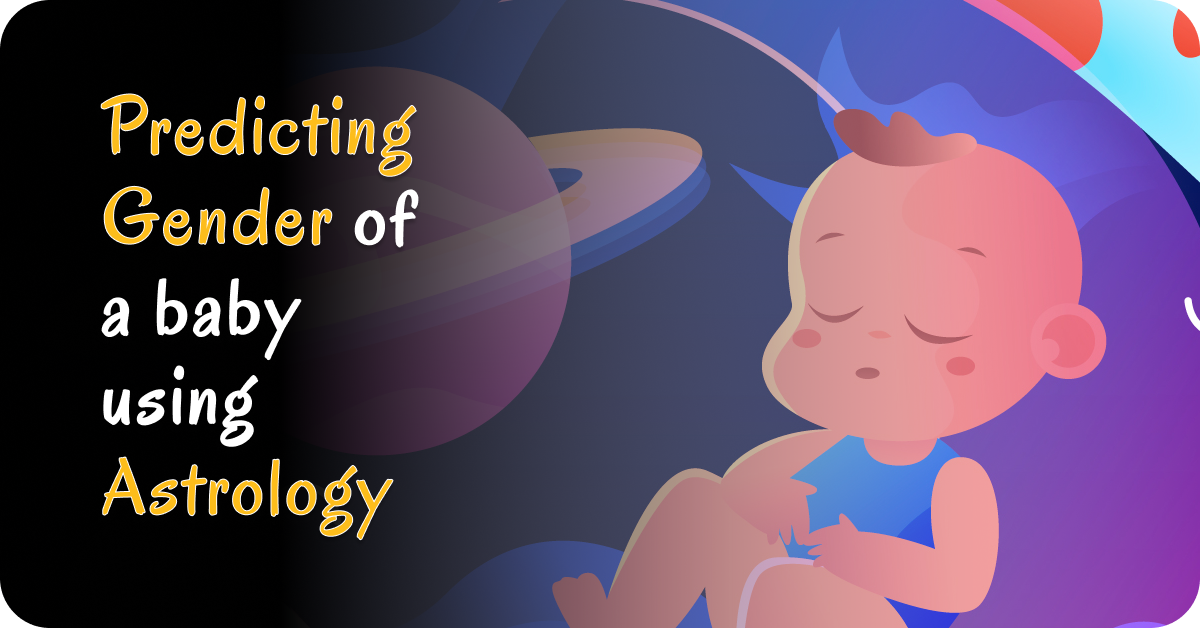
Credit: astroapp.live
Common Myths And Misconceptions
Beliefs around baby gender prediction by Vedic astrology often spark curiosity. Myths like moon phases influencing gender lack scientific backing. Such misconceptions persist despite limited evidence, highlighting the need for informed perspectives.
Debunking Superstitions
Many people believe old tales about predicting a baby’s gender. These tales include using food cravings, sleep positions, or even skin glow. None of these methods are proven by science. Vedic astrology does not follow such random assumptions. It focuses on planetary positions and time of conception.
Superstitions often mislead families and create false expectations. Trusting these can cause emotional stress. It is important to understand that astrology isn’t magic. It is a study based on calculations, not guesses.
Separating Astrology From Pseudoscience
Astrology is sometimes wrongly grouped with pseudoscience. People mistake astrology for fortune-telling. True astrology uses mathematical formulas and astronomical data. Predictions are based on logic, not random beliefs.
Pseudoscience relies on myths, while astrology relies on patterns. Knowing this difference helps in understanding its purpose. Avoid trusting methods that lack clear reasoning.
Modern Relevance Of Ancient Knowledge
Ancient Vedic astrology offers unique insights into baby gender prediction. This traditional knowledge blends planetary positions with timeless wisdom. Its cultural relevance continues to spark curiosity in modern times.
Adaptation Of Vedic Techniques Today
Vedic astrology is an ancient system rooted in Indian traditions. It uses planetary positions to predict life events. Baby gender prediction is one of its fascinating aspects. Today, many still trust these methods for personal insights. Some families consult astrologers for guidance on childbirth.
Technology has also made astrology accessible to more people. Online tools and apps now offer simplified predictions. These platforms often use Vedic principles to provide results. While not fully scientific, they are popular for curiosity and cultural reasons.
Balancing Tradition With Scientific Views
Science focuses on genetics and medical testing for accurate predictions. Yet, traditional methods still hold cultural value for many families. This creates a blend of science and belief in modern society. Some view astrology as a way to connect with heritage.
It’s important to understand both perspectives. While science is precise, tradition offers emotional comfort. Many families respect both practices without conflict. This balance helps preserve ancient wisdom while embracing modern knowledge.
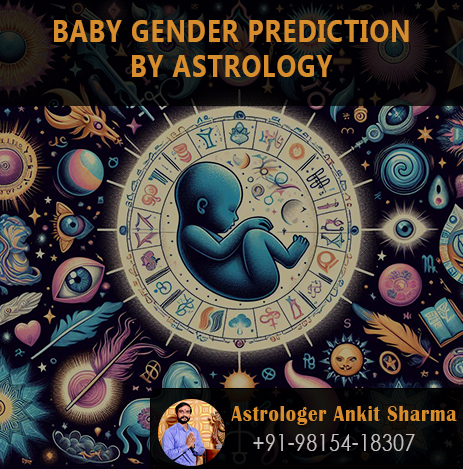
Credit: www.astrologerankitsharma.com
Ethical Considerations In Predictions
Parents sometimes use Vedic astrology for gender prediction. This can shape how they think about their unborn child. They might start to imagine a future for the child based on this. It’s important to use astrology carefully and responsibly.
Beliefs about a child’s gender can lead to expectations. These might not be fair to the child. Astrology should not limit a child’s potential. It’s better to support a child’s growth and happiness. Love and care are what really matter.
Astrology is a tool. It should not decide how we treat our kids. We should always think about the impact of our beliefs. This helps us stay kind and fair as parents.
Conclusion
Vedic astrology offers a unique perspective on baby gender prediction. It connects ancient wisdom with parental curiosity. While fascinating, it’s important to approach predictions with an open mind. These methods are not guarantees but insights based on astrological principles. Always prioritize health and happiness over gender expectations.
Consult with trusted experts for accurate interpretations. Remember, every child is a blessing, regardless of gender. Embrace the journey of parenthood with love and positivity. Vedic astrology can add a layer of wonder to this special time. Explore it thoughtfully and cherish the experience.

